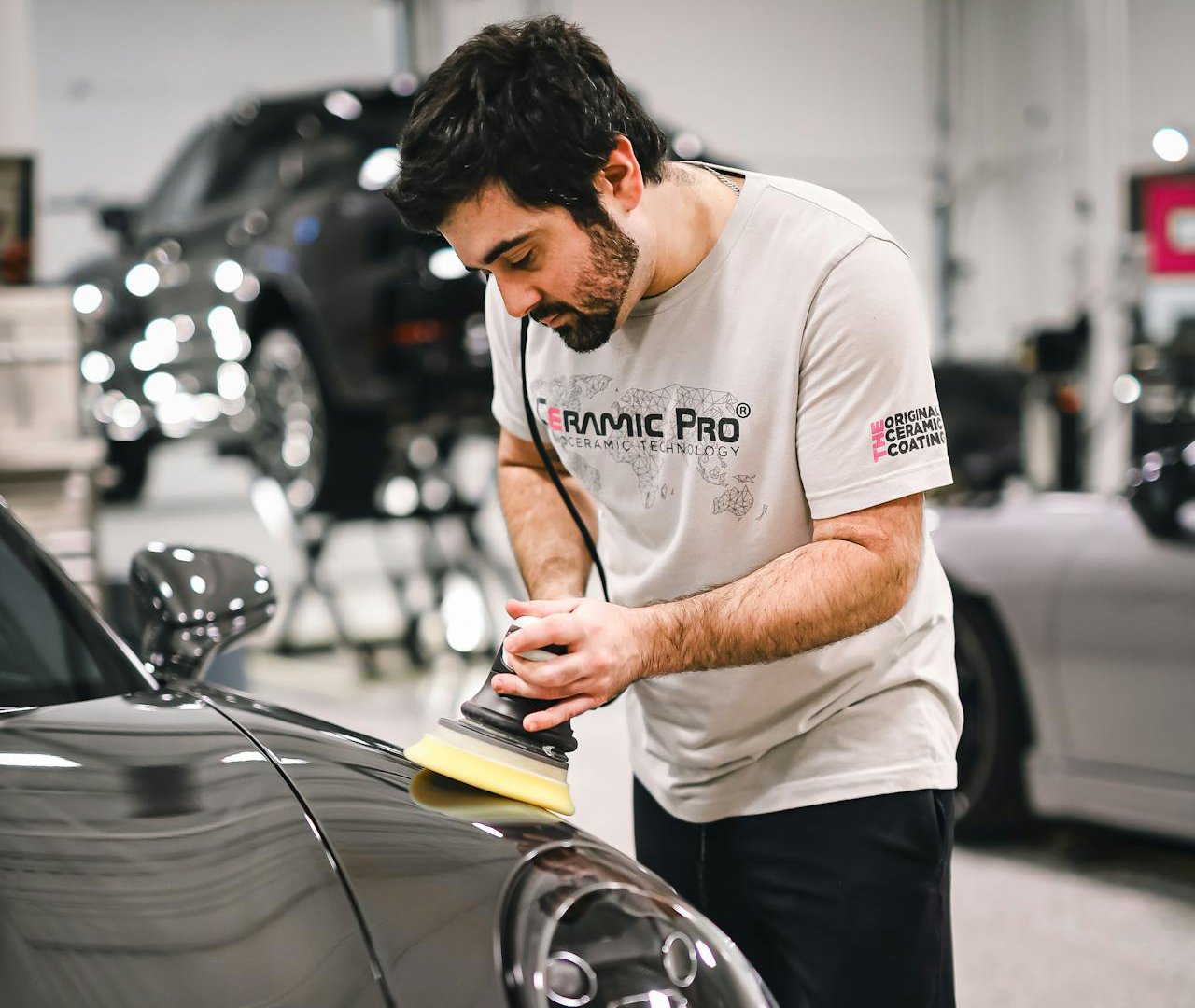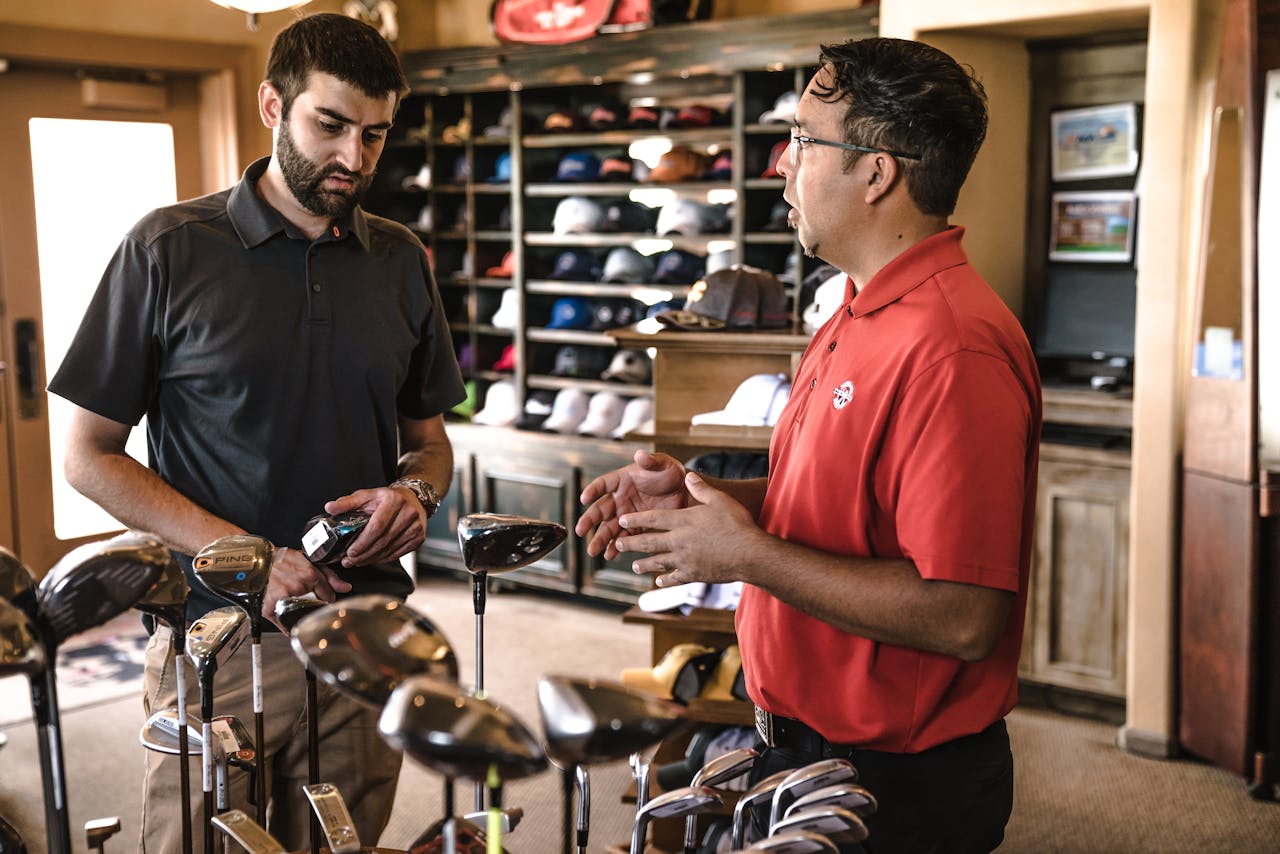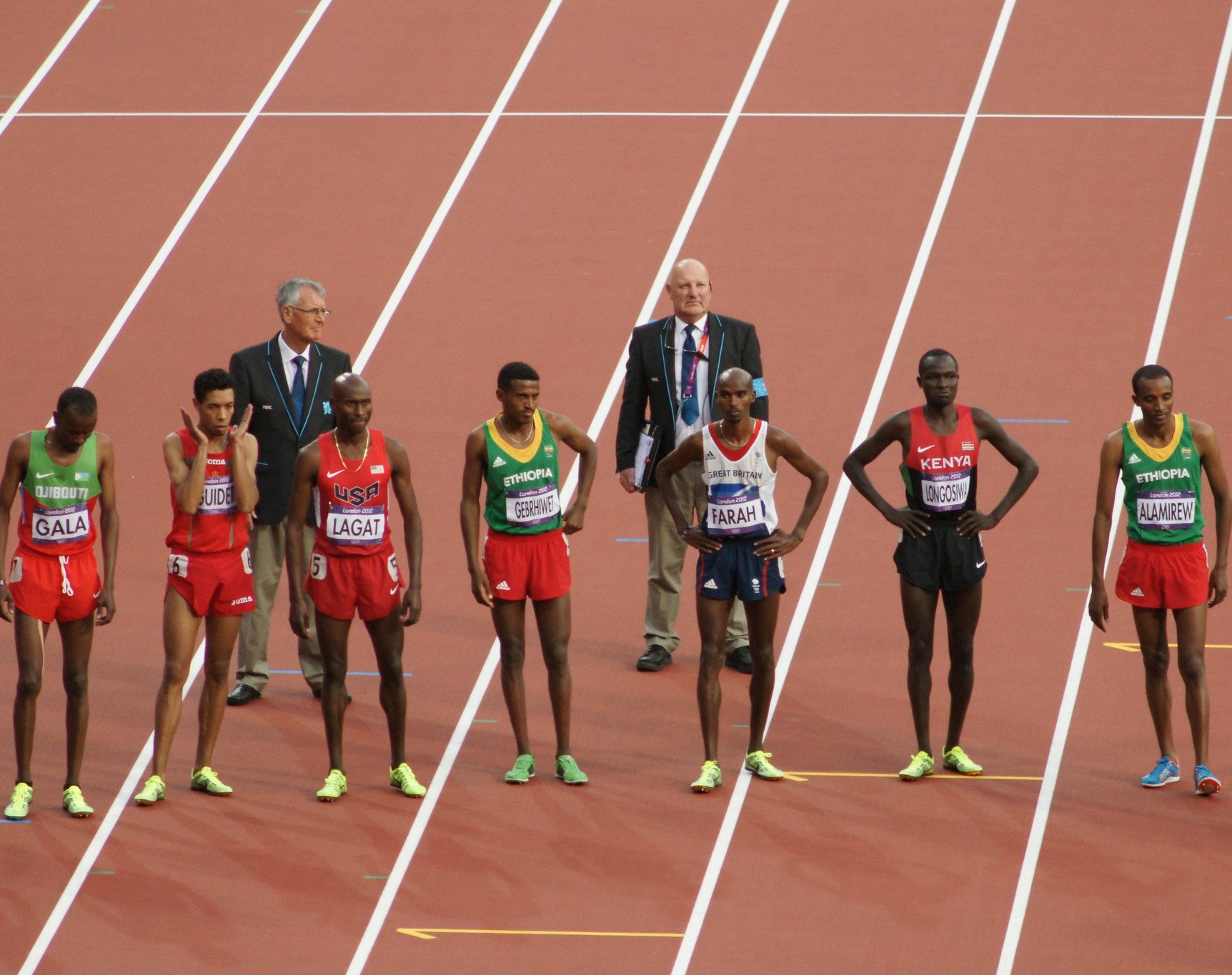It's okay, English is tough
If you've ever used these words and phrases wrong, we don't blame you—English can be confusing, even for those who speak it as their first language. Read on to avoid making these common mistakes.

WRONG: "For all intensive purposes"
People often mistakenly say "for all intensive purposes" instead of "for all intents and purposes." The error likely stems from misunderstanding the original expression, which means virtually or essentially.
CORRECT: "For all intents and purposes"
Using "For all intents and purposes" dates to the 16th century and legal language for clarity. In those days, it was used to denote the scope and application of laws or directives.
HOW TO USE: Poisonous vs. venomous
In everyday conversation, "poisonous" and "venomous" are often confused. "Poisonous" refers to harmful organisms that can cause harm through ingestion or contact, while "venomous" refers to organisms that actively inject toxins through bites or stings for defense or hunting.
WRONG: "One in the same"
The incorrect phrase "one in the same" is often mistakenly used instead of the accurate "one and the same." This error likely stems from similar sounds when spoken quickly. "One and the same" means two things are identical.
CORRECT: "One and the same"
The phrase "One and the same" clarifies identity and avoids confusion by indicating that two references refer to one entity. It's used to indicate similarity when comparing two like subjects.
 LinkedIn Sales Navigator, Pexels
LinkedIn Sales Navigator, Pexels
HOW TO USE: Between vs. among
"Between" and "among" are prepositions used to show relationships. "Between" is typically used for separate entities, highlighting connections or uniqueness between items within a set.
WRONG: "I couldn't care less"
"I couldn't care less" is actually a proper way to express a lack of interest. On the other hand, "I could not care less" indicates minimal interest, highlighting total apathy or absence of care logically.
CORRECT: "I could care less"
To convey complete indifference, it is important to say "I could care less" instead of the commonly misused "I couldn't care less," as the former implies some remaining level of caring.
HOW TO USE: Shone vs. shined
The difference between "shone" and "shined" lies in their usage as past tense forms of "shine." "Shone" indicates emitting light, seen more in British English. "Shined" focuses on polishing or cleaning for a shiny finish, common in American English. Both convey past actions of shining.
WRONG: "On accident"
The term "on accident" is often mistakenly used instead of "by accident" in casual conversations. It likely originated from the structure of "on purpose," but "by accident" is the grammatically correct phrase signifying unintentional actions.
CORRECT: "By accident"
The proper expression "by accident" has been used for many years and is widely acknowledged and accepted as the correct way to convey actions that are unintended.
HOW TO USE: "Begs the question"
People often misuse "Begs the question" in casual speech, thinking it means to ask a question. In reality, it refers to circular reasoning in formal writing, where an argument assumes its conclusion to be true without evidence.
WRONG: "At nauseum"
The misuse of "at nauseum" instead of "ad nauseam" in English is widespread. "Ad nauseam" in Latin means "to an excessive extent," signifying repetitive or excessive discussion that becomes tiresome.
CORRECT: "Ad nauseum"
"Ad nauseum" was first used in the 17th century in legal and academic discussions to describe a long, tiresome debate, "beating a dead horse" now means discussing over or tedious topics in everyday conversations.
WRONG: Supposably
The incorrect use of "supposably" in English is due to confusion with the word "supposedly." The adverb "supposedly" suggests something is considered true based on evidence. It's used to indicate beliefs or assumptions.
CORRECT: Supposedly
An example of the use of "supposedly" could be: "She supposedly left for vacation yesterday," indicating that it is believed or assumed, though not definitively confirmed, that she started her vacation.
WRONG: Irregardless
"Irregardless" is not correct English. "Regardless" is the proper word to use. Though common in conversation, the former is not accepted in formal writing.
CORRECT: Regardless
Avoid using "irregardless" in formal or professional communication due to it being a grammatical error. Language may evolve, but currently, it is considered incorrect in standard English.
WRONG: "Tow the line"
The phrase "tow the line" is commonly misused instead of "toe the line," which symbolizes following rules or standards. It originates from athletes standing at a starting line before a race to show their readiness.
CORRECT: "Toe the line"
"Toe the line" has become a common idiom in English, and it is often used in conversations relating to sports. Using "tow" would not make sense, given that it means to pull or drag something rather than to conform to something.


























